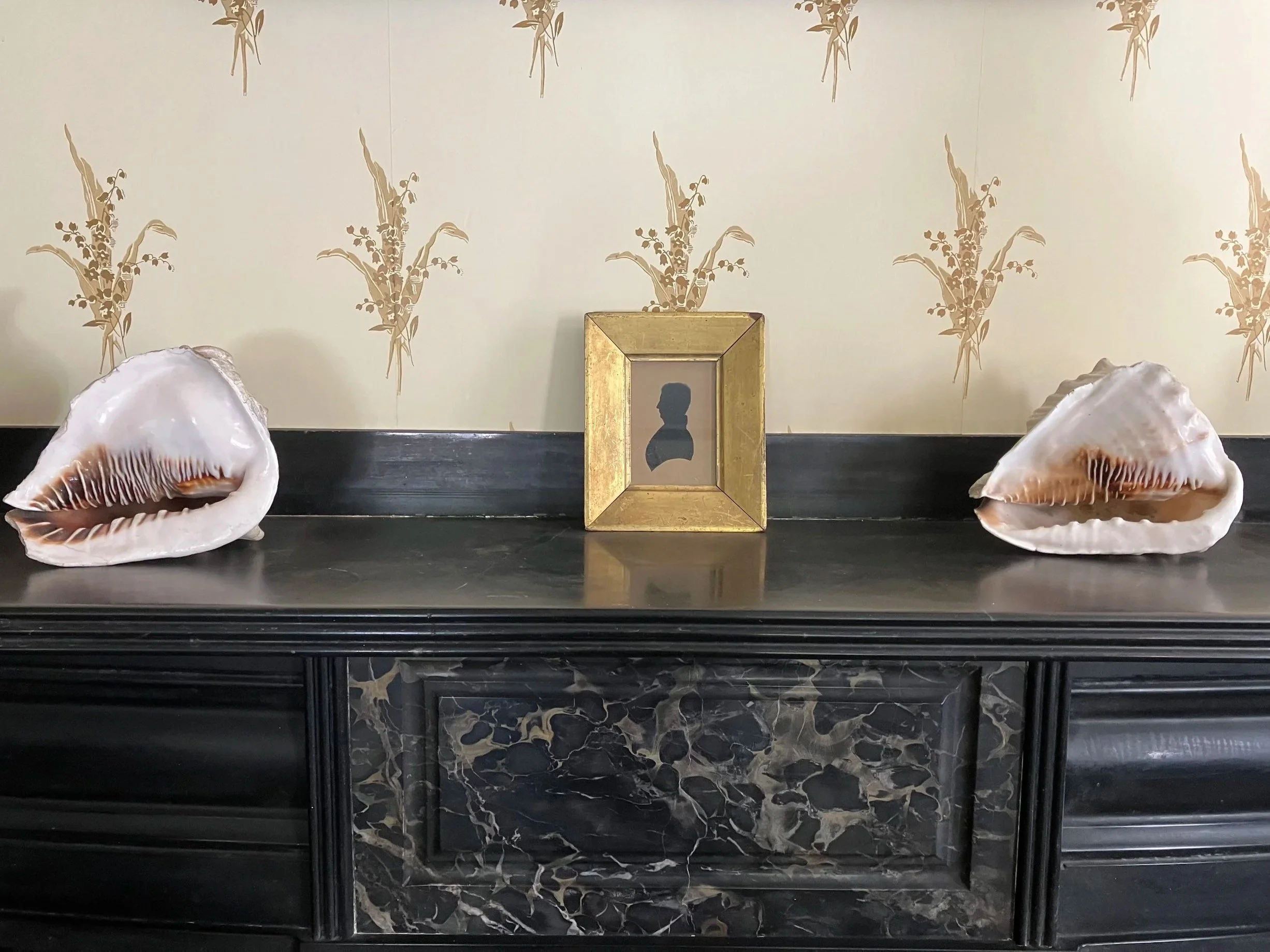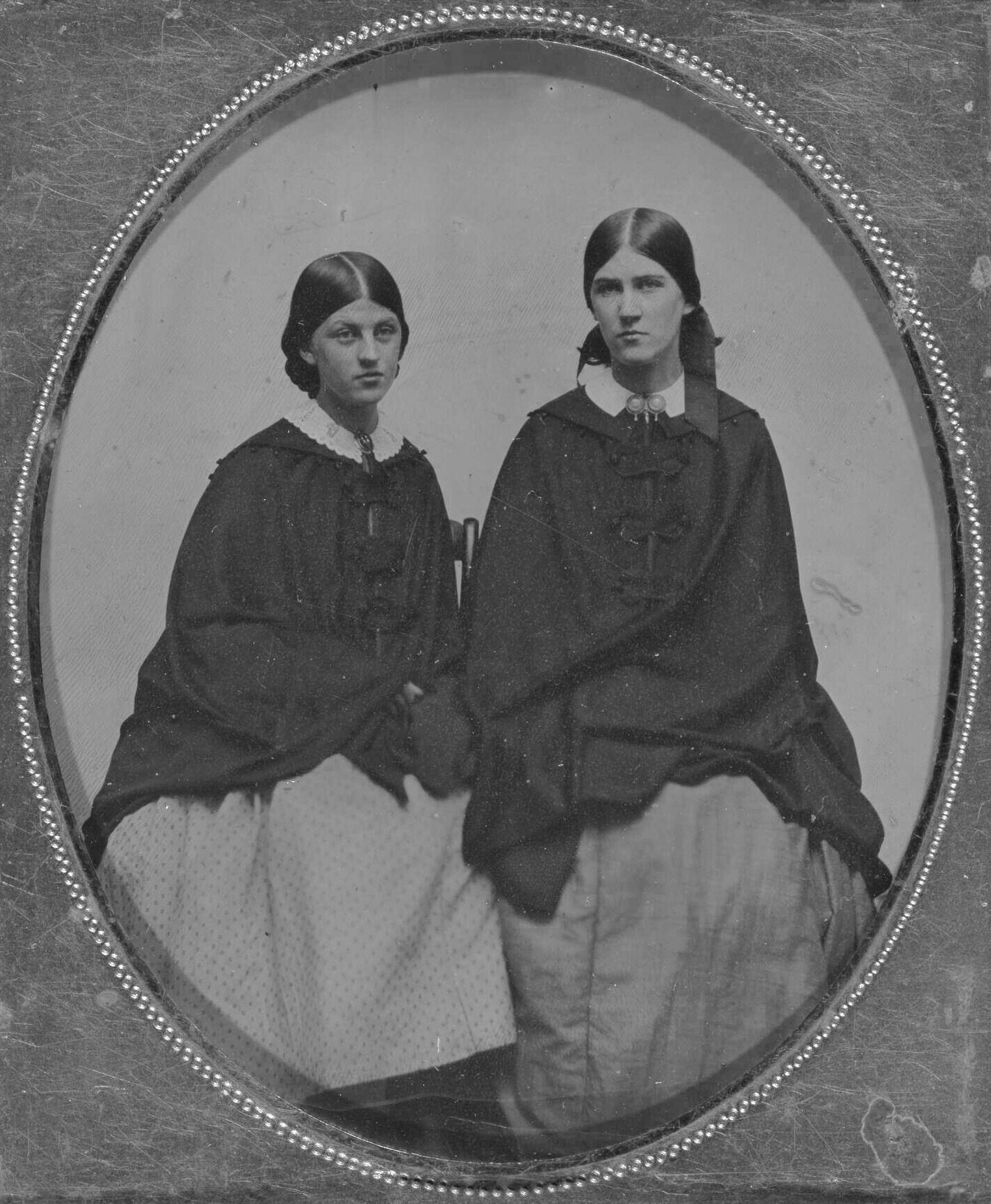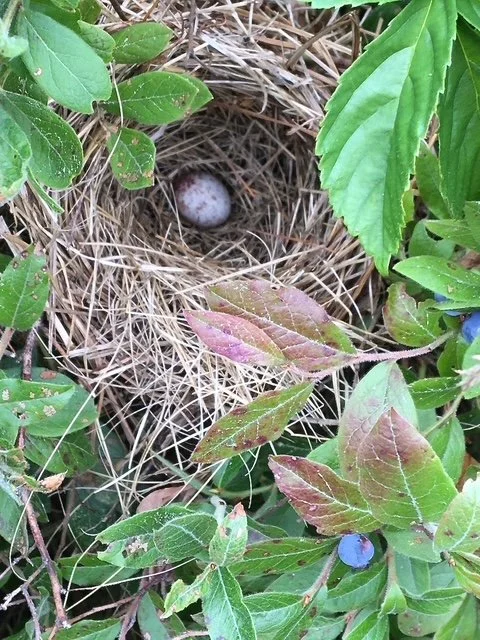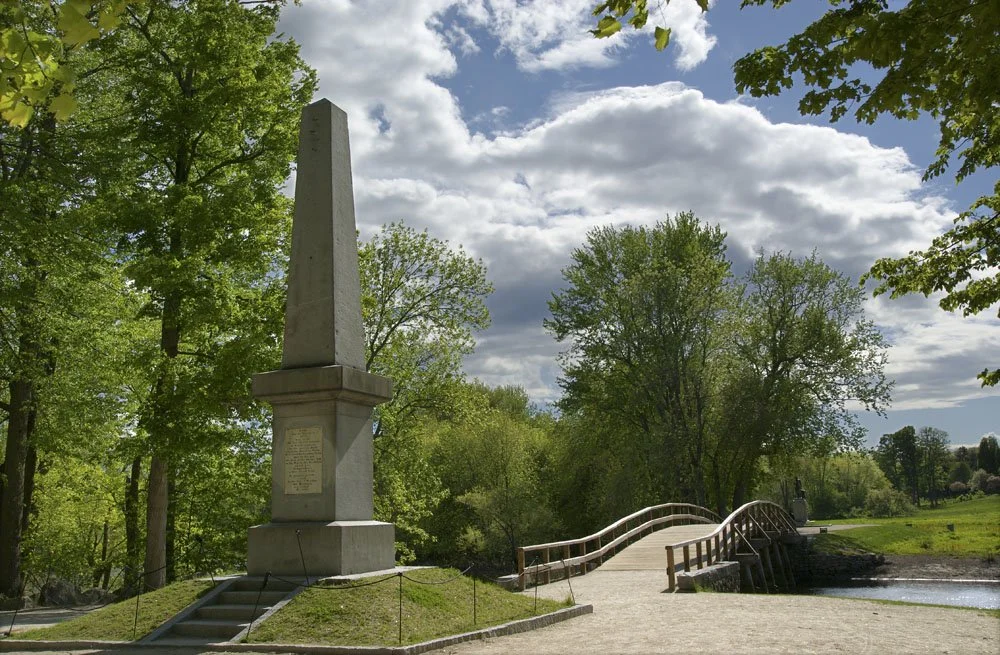
The Lyceum
A gathering place for engaging Emersonian content to educate & entertain.
“Sea-born Treasures”
A wintertime reflection on the origin of the seashells adorning several mantelpieces in the Emerson House in Concord, MA, and their connection to Ralph Waldo Emerson’s untimely loss of his younger brothers Edward and Charles.
Edith Emerson Forbes
A biographical profile of Ralph Waldo & Lidian’s third child, Edith Emerson, who married William Hathaway Forbes in 1865. Sociable and well-organized, Edith continued to play a vital role in her parents’ and siblings’ lives after marriage, including overseeing the repairs of the family home after the 1872 fire and working with her father on assembling the poetry anthology Parnassus.
Opening Lines for Earth Day
This year, the spring reopening of the Emerson House coincides with the 55th anniversary of Earth Day. In promoting environmental protection and celebrating the web of life, Earth Day reflects Ralph Waldo Emerson’s own reverence for nature—a common theme in his writings. Today, and beyond, we find inspiration in Emerson’s poems—his words exalting the wisdom of a bee; the beauty of a wildflower; the sentience of a tree.
“Their flag to April’s breeze unfurled”: Emerson and April 19th
The opening battle in America’s war for independence took place at Concord’s Old North Bridge on April 19, 1775—an event later memorialized by Emerson as the “shot heard round the world.” On the 250th anniversary of that fateful day, we look back at the Emerson family’s connections to April 19th: from Ralph Waldo Emerson’s grandparents witnessing those first shots in 1775, to his role in Concord’s centennial celebrations in 1875.
A Rare Film Find
A 15-minute silent film about Ralph Waldo Emerson from the 1920s. Selections from his life and writings are illustrated with black-and-white footage from around the town of Concord, Massachusetts, including the Old Manse, the Emerson House, Sleepy Hollow Cemetery, and the Old North Bridge.
Emerson’s Mountain Interval
A reflection on Emerson’s trip to the White Mountains in the summer of 1832 as he considered leaving the ministry after the death of his first wife, Ellen. Taking wisdom from his surroundings, it was there that Emerson made the decision to resign. Mountains continued to occupy a place in his imagination, itineraries, and poetry for the rest of his life.
A Momentous Day: April 19, 1775
Remembering the historic Battles of Lexington and Concord that marked the beginning of the American Revolutionary War, and sharing Emerson’s “Concord Hymn,” written for the 1837 dedication of a monument commemorating the battle at Concord’s North Bridge.
Winter Reflections
Excerpts on the wonders of winter from Emerson’s poems, essays, and other writings, accompanied by recent photos of the snowy landscapes around his Concord home.
Emerson’s Impact on Concord
Ralph Waldo Emerson had a lifelong association with the town of Concord, descending from one of its founders and periodically living with relatives there before making it his permanent home in 1835. Emerson was actively engaged in the town’s intellectual and civic life and both he and Lidian were involved in social reform movements. Nicknamed the “Sage of Concord,” one of Emerson’s greatest impacts on the town was drawing many of the leading writers, educators and reformers of the 19th century to his Concord home.
Consider the Sibyls
Well-versed in classic poetry and philosophy—a literature rich with heroic, mythic, and sacred figures—Emerson also admired Renaissance art, particularly works by Michelangelo and Raphael inspired by the vast iconography of the ancient world. Among the images of heroes, angels, and gods at the Emerson House are prints of five famous portraits of sibyls by Italian painters.
December Was an Eventful Month for Mr. Emerson
In the 19th century as it is today, December was a time of celebrations and gatherings. For Ralph Waldo Emerson, it was also a month when he experienced many life changes.
Mr. Emerson’s Garden
A virtual peek at early-summer blooms in the garden of the Emerson House in Concord, Massachusetts.












